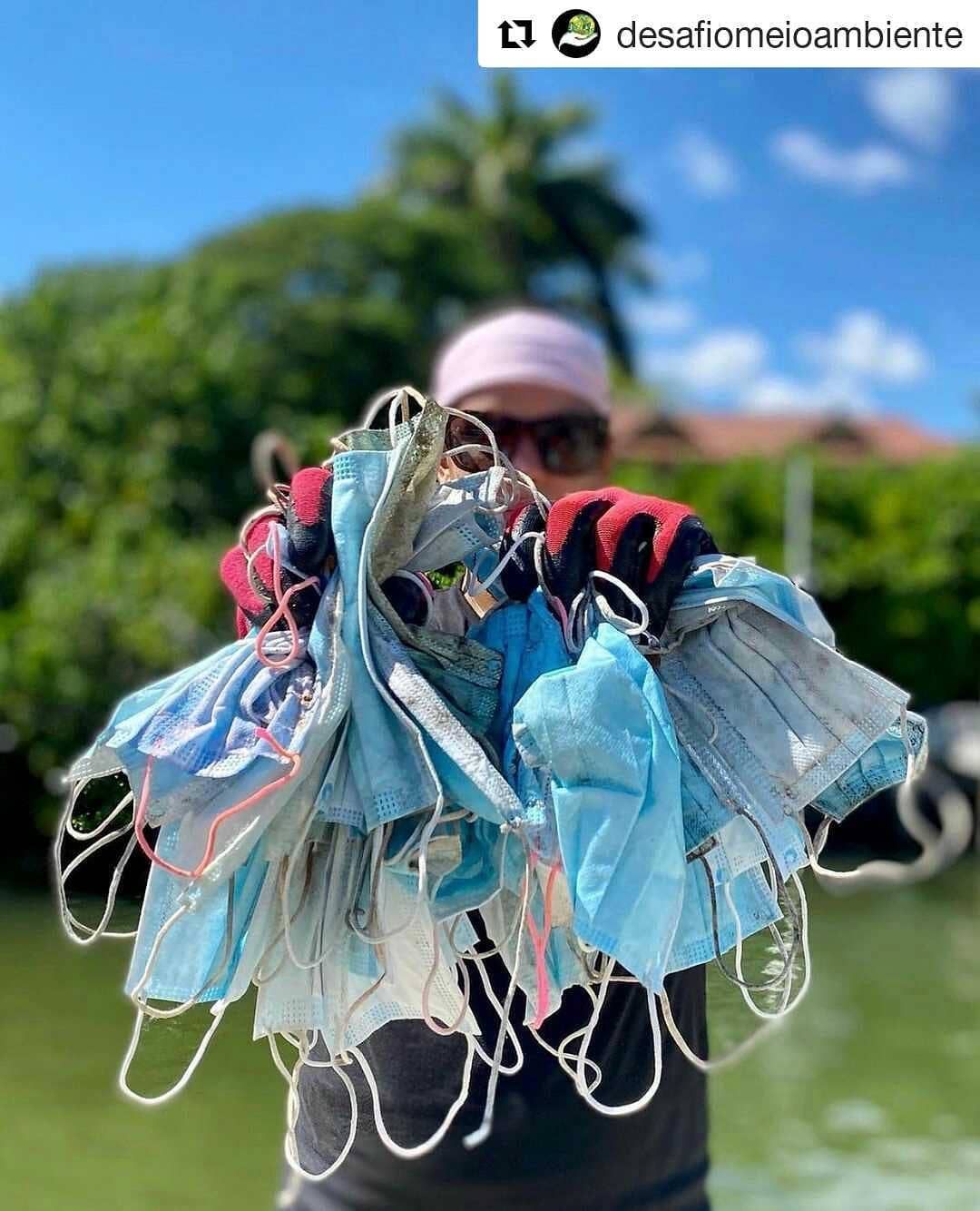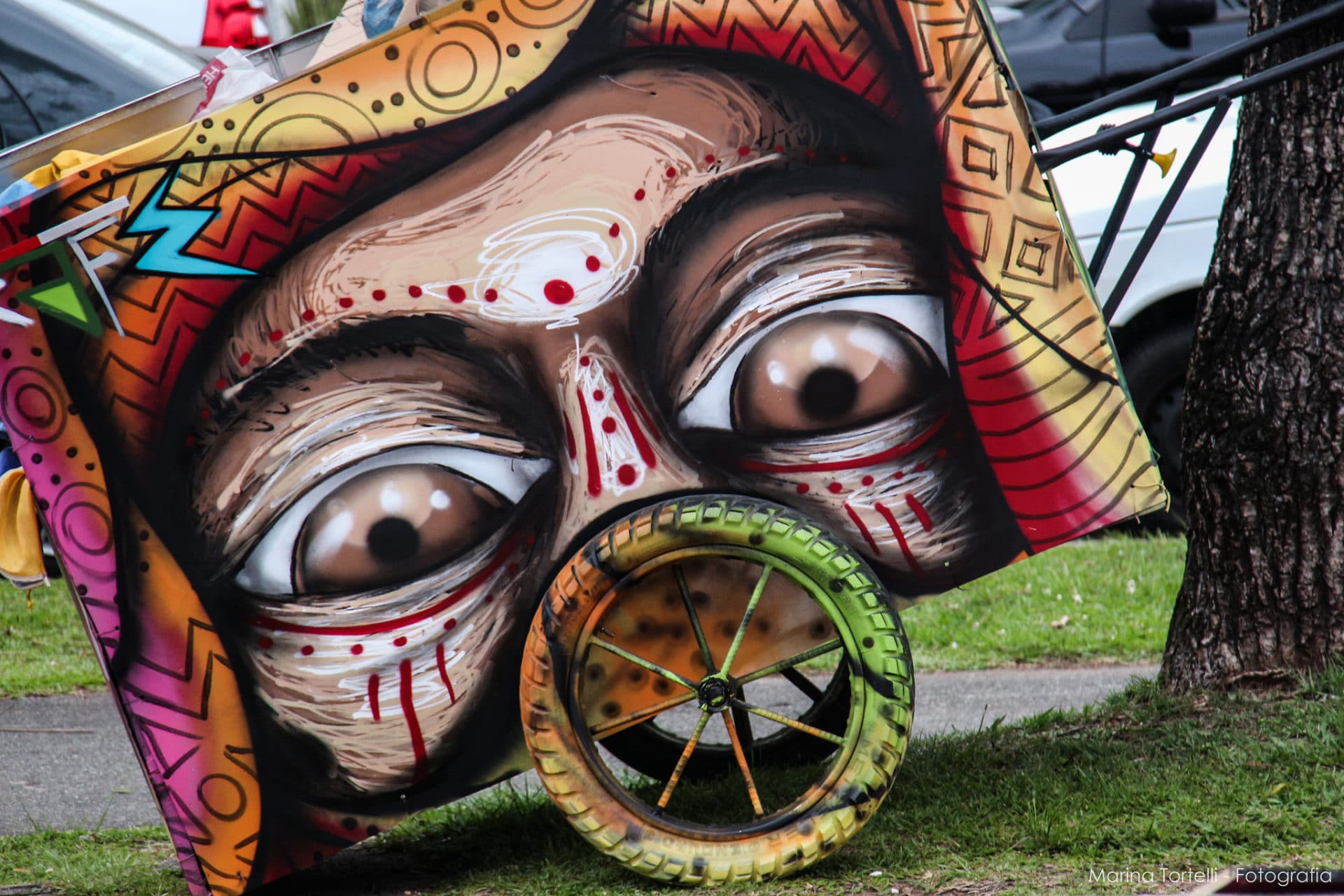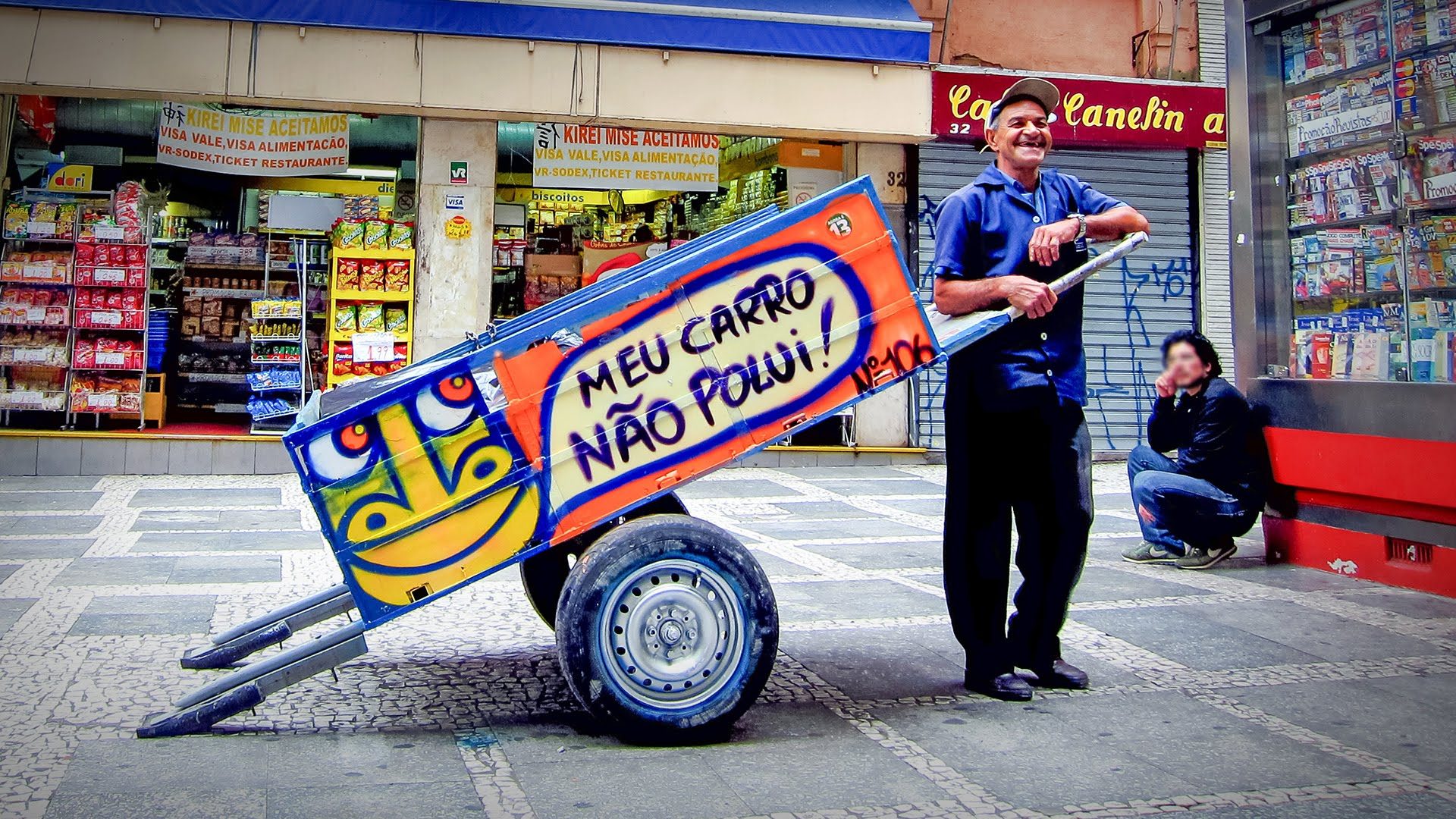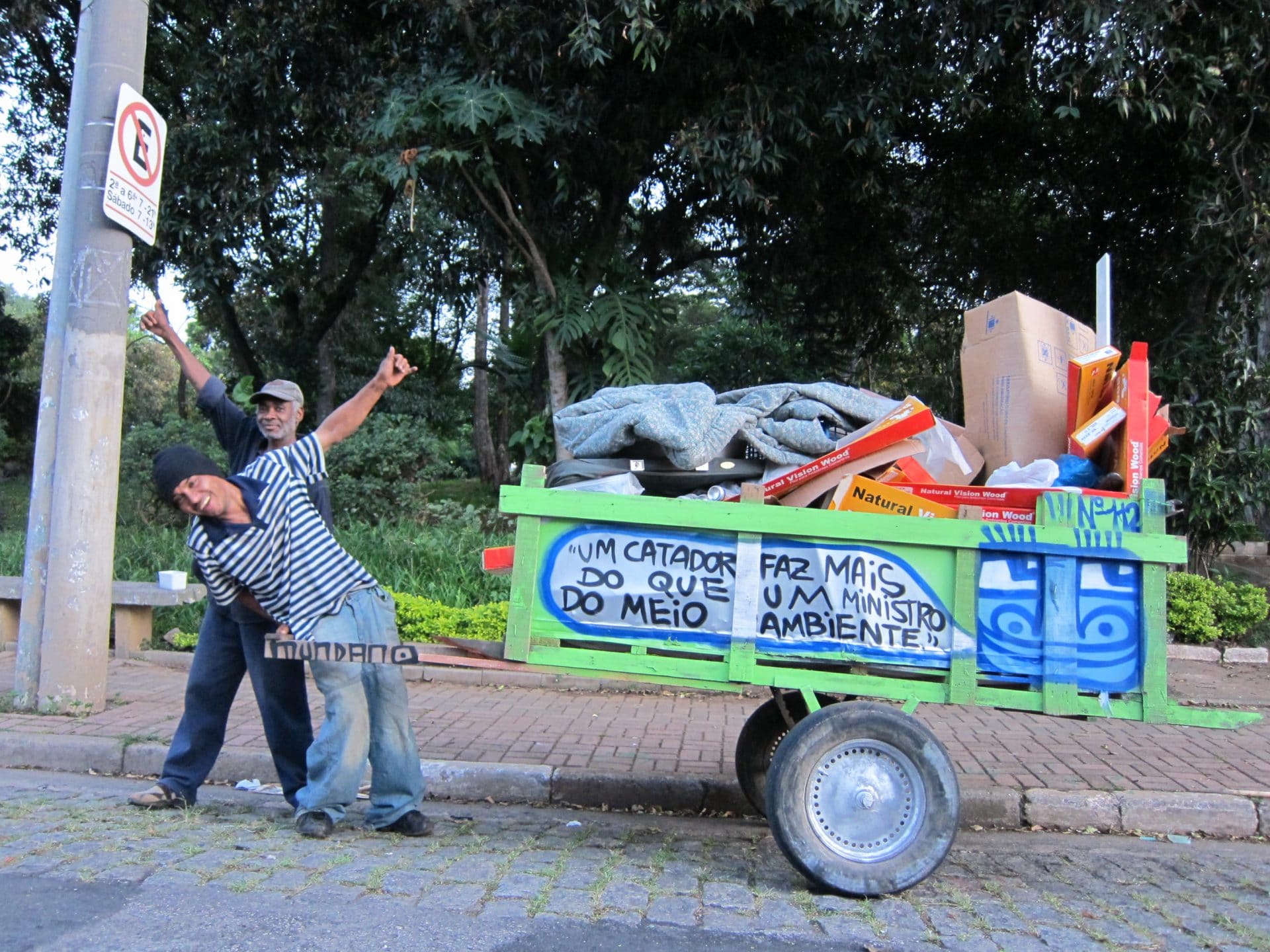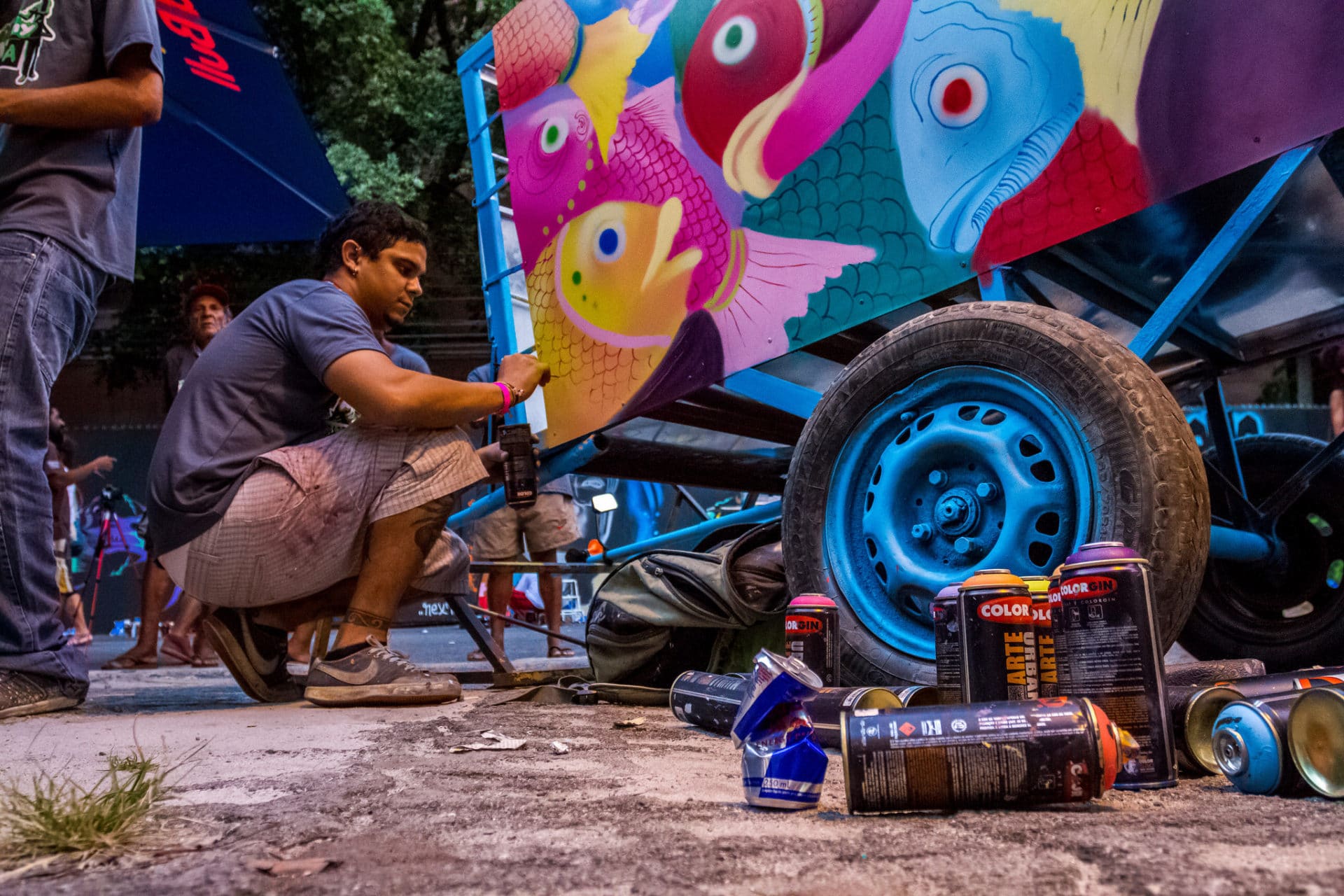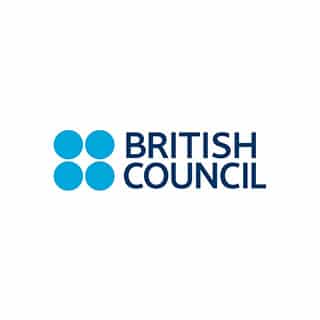Brazil (São Paulo)
In São Paulo, people are using the Cataki app to swipe right on cleaner streets, protecting the environment, and improving the lives of some of the city’s poorest residents.
Just like the Tinder dating app, Cataki is all about matching people – in this case, matching local waste collectors (or ‘catadores’ as they’re known in Brazil) with people who have recyclable waste that they want to get rid of. Cataki literally means ‘collect here’ (cata-aqui).
“Art can transcend the walls of galleries and the walls in the streets, being a powerful tool of social transformation.” – Mundano, Graffiti artist and activist
It all started with Pimp My Carroça in 2012. ‘ARTivist’ (Thiago) Mundano brought together a group of people who occupied Anhangabaú, in the centre of São Paulo, to protest the rights of catadores. Because, as Pimp My Carroça’s Head of Communications João Ferro explains, “catadores perform a public environmental service and are conveniently ignored by public authorities, the private sector, and civil society. We believe that they deserve not only respect and admiration, but also an adequate income for the service rendered.”

Forty catadores, 300 volunteers and 54 artists attended and ‘pimped out’ the handmade carts workers use to collect trash – covering them in all kinds of colourful fish, faces, flowers and important messages. They went on to involve over 1,600 volunteers in 42 cities around the world, who have now pimped a whopping 851 carts.
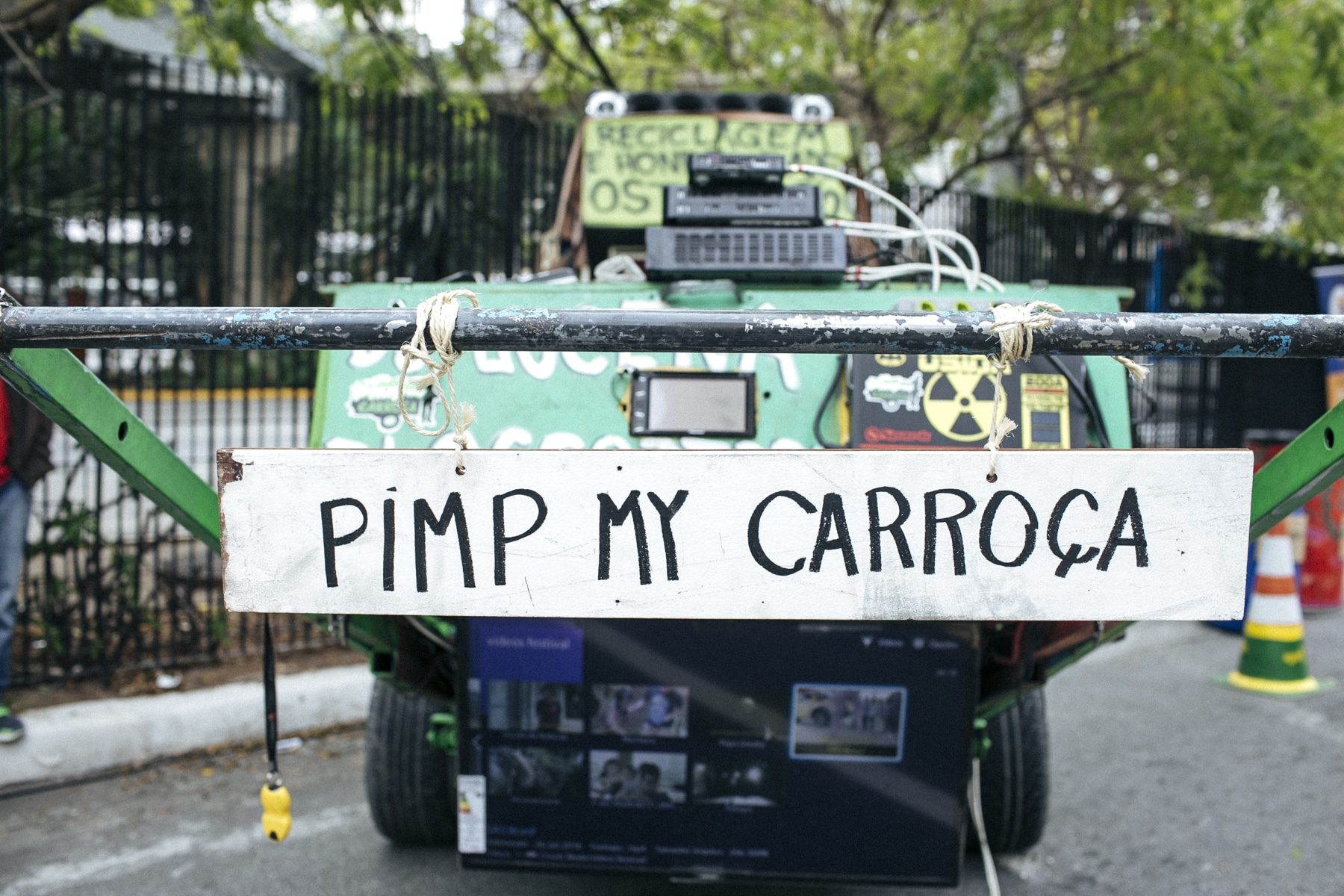
Five years later, in 2017, the project evolved even further: what if catadores could more easily find the waste they’re looking to collect – and people with unwanted trash could more easily get rid of it?
“Today Brazil has many waste pickers and little recycling,” João explains. “There are approximately one million of these professionals. Each Brazilian produces 380kg of solid waste per year. Of this total, only 13kg are recycled – 90% of this amount goes through the recycling process thanks to the work of the waste pickers. We believe these professionals deserve a payoff that reflects the importance of their work.”

Cataki was created to make this possible. People upload information about the waste they’ve got piled up (including the option to post a photo) and catadores can swipe left and right, Tinder-style, to find the recyclables that suit them. Cataki recommends that payment is offered to the catador who collects the waste – but this is a suggestion rather than an obligation, to be negotiated in person.
Nearby catadores can be visualised on a map, like Uber, but the founder says it’s more like Tinder, because Cataki takes no cut from the catadores. So far, 2,200 catadores are verified on the app, which has had 160,000 downloads.
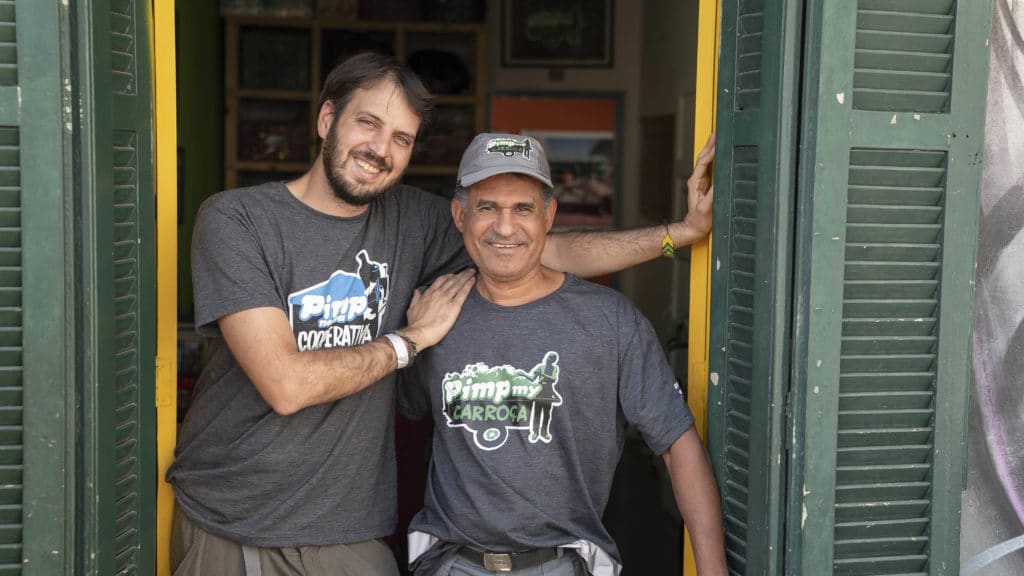
Mundano and wastepicker Ailton Catak
“Cataki’s main strength lies in its human aspect. In the end, the waste generators and waste collectors are just human beings working for the common good. We use art and technology to raise awareness. A cart that’s been painted by a graffiti artist becomes a walking work of art and causes people to deconstruct their impression of the person who spends the day carrying other people’s waste in their arms.”
The app is transforming the lives of Brazil’s dedicated waste collectors who collect and sell recyclables as a source to provide for themselves and their families, working hard every day in the streets of the big cities, without any acknowledgement from public authorities for the service provided. Cataki cultivates fixed collection points – essentially repeat business for the catadores – which make all the difference when it comes to income security.
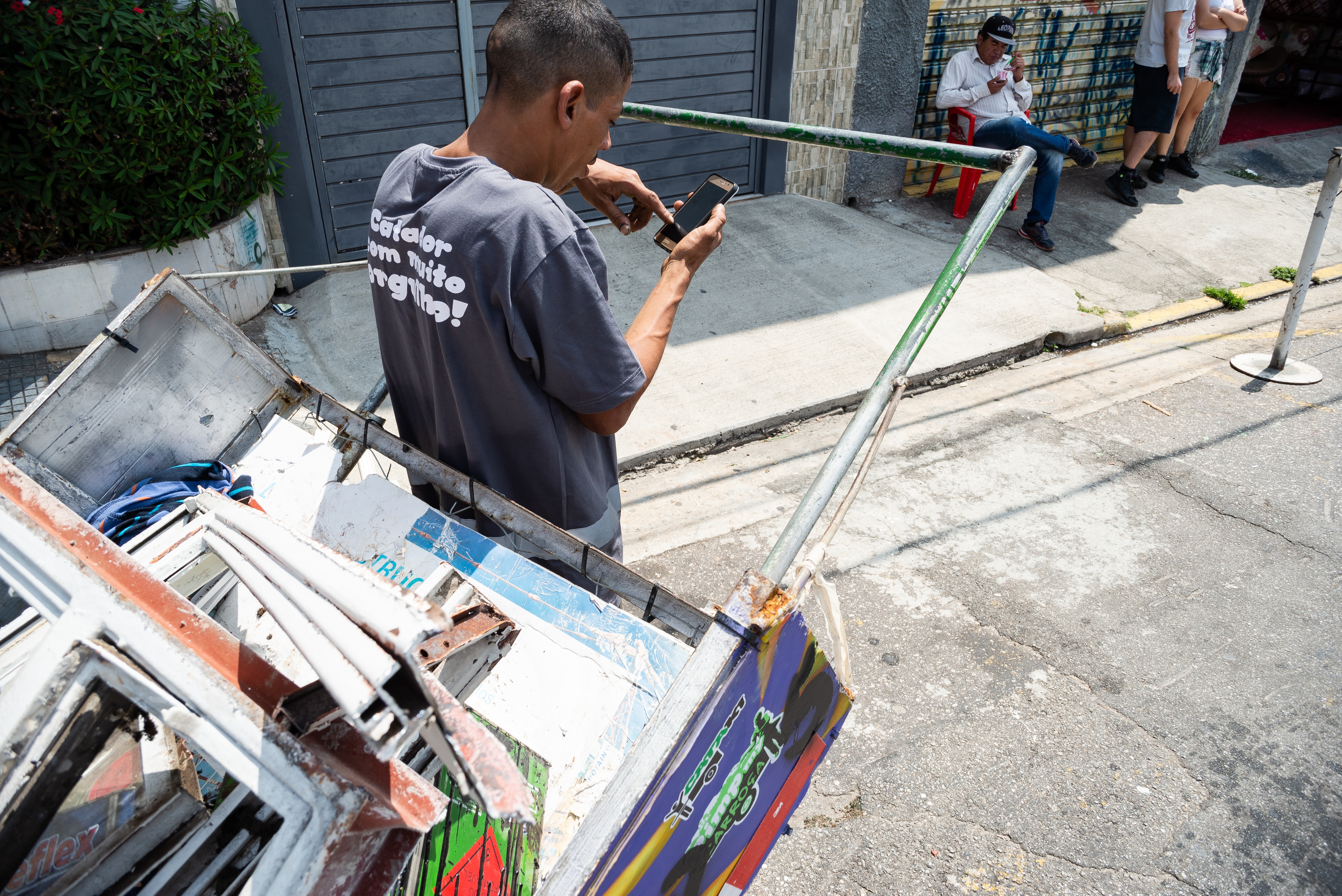
No wonder that, during an event at the UNESCO headquarters in Paris, Cataki was awarded the 2018 Netexplo Digital Innovation Award and recognised as the main social impact led digital platform among the 2,000 initiatives worldwide that participated in the awards.
Perhaps most importantly of all, Cataki is breaking down social barriers. “Waste pickers often suffer from a very cruel social stigma. But a person who stops to look him in the eyes and talk to him for three minutes will never see this profession in the same way. After that, it’s highly unlikely that this person is going to honk at a waste picker on the street,” João adds. “Stimulating this practical change of worldview is a very precious thing.”

And the app is serving not just people, but the planet. “The world is heading at a frightening speed to a socio-environmental collapse. Taking your livelihood from the disposal of others is perhaps the most innovative and disruptive form of work. It would not be absurd that, in a future without resources, everyone will be a waste picker: this could be the profession of the future. Who knows?”
In March 2020, the app’s mission completely changed during social isolation with the Viva os Catadores campaign launch. For as long as the pandemic lasts, Cataki has been transformed into a platform of solidarity: users can download the app and find waste pickers or donations centres to support those who are most in need in these difficult times. The results have been positively received. In the first two months, they reached the campaign goal: 2,328 people donated around 240,000 euros, which was distributed equally among the more than 2,200 pickers.
Thanks to the immense collective effort, Cataki has also delivered 18,000 meals on the streets of São Paulo, and donated more than 8,500 masks and 3,000 personal protective equipment. Watch the campaign video and notice how half of its duration is only credits. Cataki wants to show how each support, donation or partnership makes a huge difference.
AtlasAction: Download the app or contribute to Cataki’s open source technology with technical improvements by getting in touch.
Read more ► Cataki was mapped by Common Wealth Theatre in their AtlasChart: 5 projects where art becomes activism
Bio
Nature-geek, urban forager and all-round wordy sort. Freelance strategist and copywriter for mission-driven organisations. Often found reading while walking.
Project leader
Mundano, Founder, Pimp My Carroça
Partners
This project has been selected as part of CultureFutures, a new storytelling project that maps creative and cultural projects with a social mission – and the artists, collectives and entrepreneurs behind them.
Atlas of the Future is excited to join forces with Goldsmiths Institute of Creative and Cultural Entrepreneurship and the British Council Creative Economy.
Support the Atlas
We want the Atlas of the Future media platform and our event to be available to everybody, everywhere for free – always. Fancy helping us spread stories of hope and optimism to create a better tomorrow? For those able, we'd be grateful for any donation.
- Please support the Atlas here
- Thank you!
